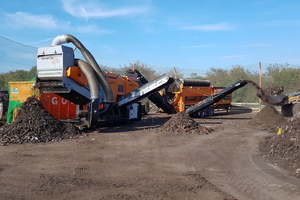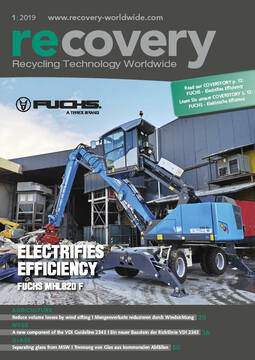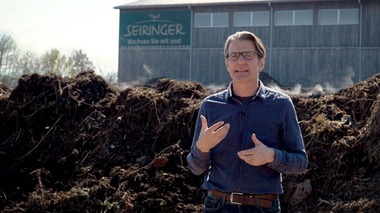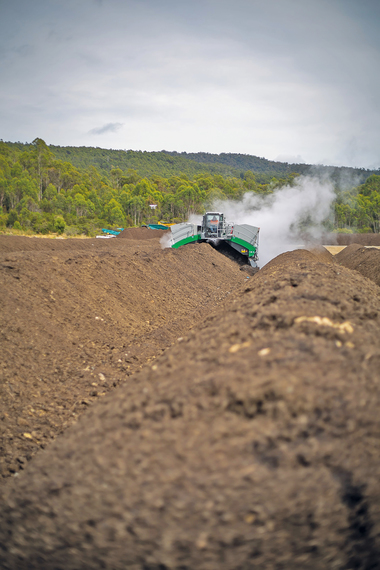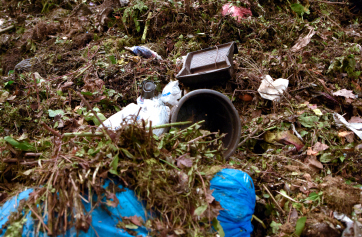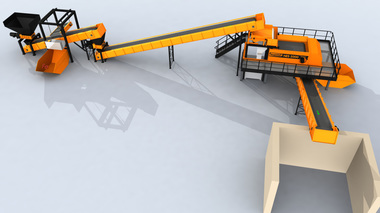Plastic-free with Airflex 1500 made by Doppstadt
Plastic is everywhere, and sadly, it often ends up in many green waste bins as well. This causes composting site operators a lot of problems.
For this reason, the Germany Federal Compost Association, in short BGK (Bundesgütegemeinschaft Kompost), responsible for awarding the RAL (German National Committee for Delivery Conditions) quality seals to compost products, stiffened up the requirements concerning unwanted materials: now, only 15 cm² of plastic elements per litre of compost will be tolerated, instead of 25 cm², as before. And very soon, the organic farming regulations will only permit usage of composts with less than 10 cm² of plastic.
All this is creating huge challenges for composters, which they can barely overcome just by using even finer screening: they would simply lose too many sellable fractions and find themselves in a precarious economic situation. Doppstadt, which specialises in environmental technology, has created the Airflex 1500, which provides the technical solution for processing compost. It is a wind sifter that minimises the losses of compost product by improving its quality. To achieve this, the compost undergoes initial rough screening at 15 mm. The fines < 15 mm are than efficiently separated from unwanted materials in the Airflex 1500 in two stages. In the first step, a powerful centrifugal fan separates heavy materials such as glass, stones and metals. In the second step, a suction fan pulls away unwanted plastic films etc. The result is a compost that complies with the requirements of the RAL quality seal. Perfect, and almost plastic-free – Doppstadt‘s contribution for sustainable recycling management.
www.doppstadt.com

